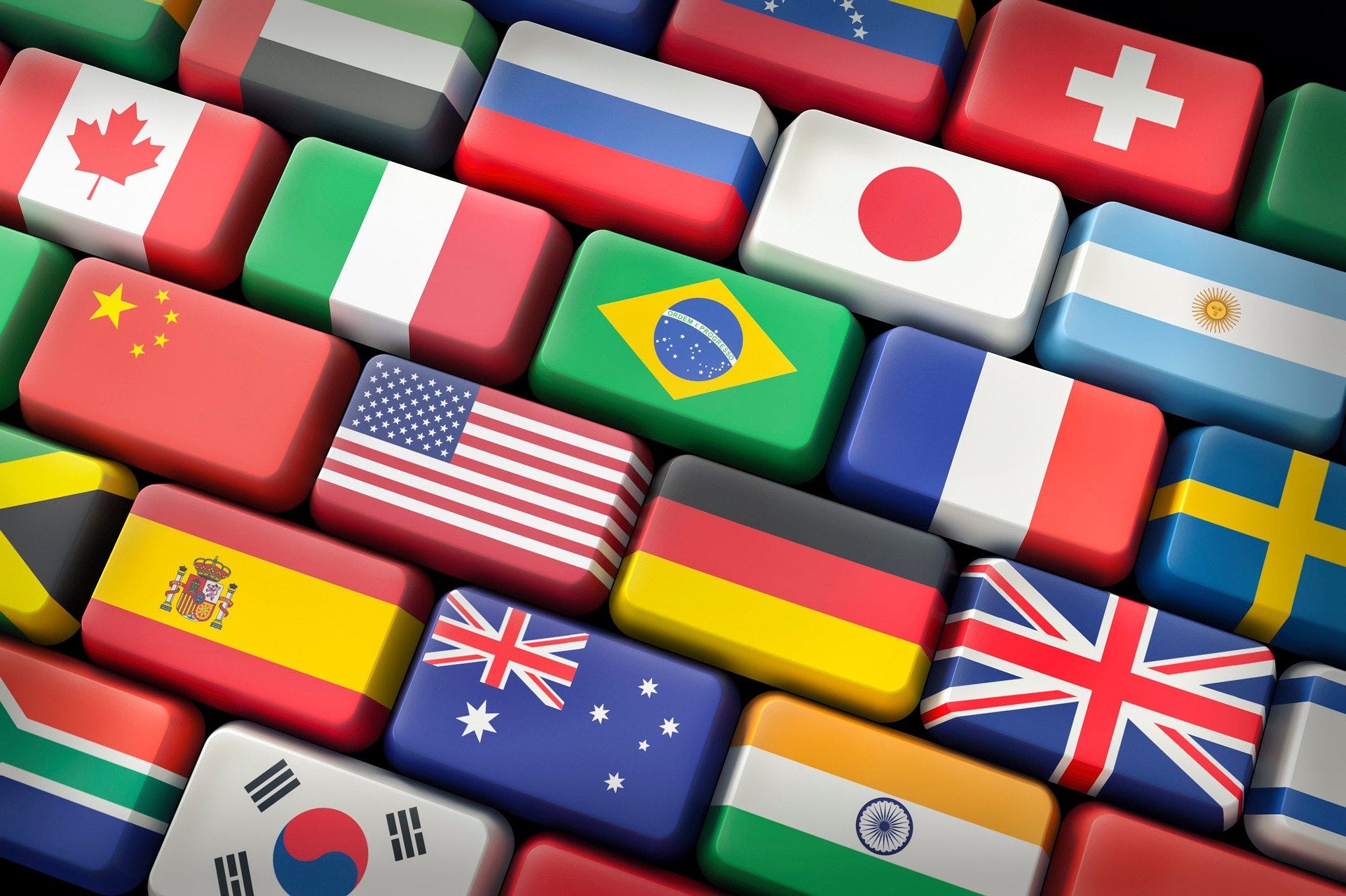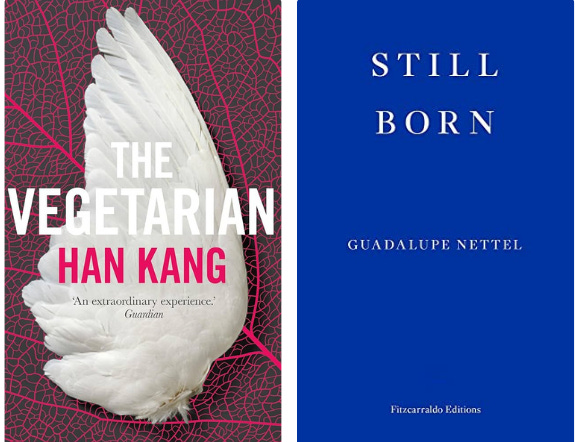Book world's Oscar goes to Germany
A truly international prize ensures no story is lost...in translation
Welcome to This Week, Those Books, your rundown on books new and old that resonate with the week’s big news story. You’re part of a community of more than 10,000 subscribers in 111 countries.
The few minutes it takes to read this newsletter will make you smarter, faster. Or click on the audio button above for the podcast – it’s a quick listen.
This week we have a huge treat: A guest post by Susan Howson, my friend, fellow book Substacker, former Quartz colleague and reading buddy. She has a fun read on the International Booker Prize, awarded on May 21 to Kairos, a novel by German writer Jenny Erpenbeck and translator Michael Hofmann. Enjoy!
(And speaking of fun, here’s a link to Dua Lipa and other A-listers reading from the 2024 Prize shortlist).
Yours,
The Big Story:
It’s a great week for novel readers: Though the International Booker Prize money isn’t enough to knock an author’s literary socks off (it’s about $60,000 and split between the author and the translator), the award can push the winner into the global spotlight.
The 2024 shortlist featured six novels translated from six languages.
The longlist (my favorite kind of list) gives you 13 books to add to your reading pile.
If your local library does not have these, request them – this is especially important for my fellow American readers. Books in translation are one of the finest ways to break free of your bubble, and you’ll be doing your community a service. Libraries will order books based on demand, so make yourself heard.
The Backstory:
Translated fiction isn’t always an easy sell to readers, and recreating an author’s tone in a different language is a notoriously tricky thing to get right.
The pre-existing International Booker Prize, which until 2016 used to be more like a lifetime achievement award, was adapted into an award specifically for a work translated into English in the UK.
Geetanjali Shree’s Tomb of Sand, translated from Hindi by Daisy Rockwell and originally published in 2018, sold 500 copies before it won the prize in 2022. In the nine months following, it sold 25,000. (Also, it sounds amazing.)
[Editor’s note: Translation really does seem to give novels a second life. Shree’s Hindi novel Tirohit, which was translated and published in English in 2013, is currently making waves in India.]
According to Nielsen data collected for the Booker Foundation in 2022, readers between 25-34 years old are buying translated fiction at the fastest-growing rate in the UK, up 21% from 2021. Not far behind are readers aged 13-24.
This Week, Those Books:
The first winner of the revamped International Booker Prize is an unsparing look at the ugliness and beauty of humanity.
A shortlisted 2023 nominee about parenthood, in all senses of the word.
The Vegetarian
By: Han Kang (Translated from Korean by Deborah Smith)
Publisher: Hogarth Press
Year: 2007 (2016 in translation)
My rating: Nerve-straining
A novel in three parts, told from the perspective of three people. All three are viewing one person, who to them is variously wife, sister-in-law or sister. I’d heard this novel described as horror, and I can partly see why – in the first section, the prim, infuriating husband can’t see why his wife, who used to be so acceptably bland, suddenly refuses to eat or cook meat, despite his demands. Horrible things happen, as various family members are called in to force Yeong-hye to do her duty.
It gets both better and worse from there. Humans, Kang shows us, try to control, possess, or direct each other when they can’t understand them. But does Yeong-hye herself even understand the horrifying visions that caused her to give up meat in the first place? Can one truly separate oneself from all violence? It’s not a comfortable book, but they shouldn’t all be! There’s a reason Han Kang won this award in 2016, which then landed her a spot on TIME magazine’s best books of the year list.
Choice quote:
”Stop eating meat and the world will devour you whole.”
Still Born
By: Guadalupe Nettel (Translated from Spanish by Rosalind Harvey)
Publisher: Bloomsbury
Year: 2020 (2023 in translation)
My rating: Sweetly unsettling
If you’re considering, expecting, or currently holding an infant, now is not the time to read this book. But for the rest of you, I urge you to consider this quick novel. It was shortlisted for the Prize last year. Meet Laura, a grad student in Mexico City, who’s determined never to have children. Despite herself, Laura gets pretty wrapped up in her friend Alina’s fertility drama as well as the drama of a pair of disgusting roosting pigeons on her balcony.
Parents! There is zero guarantee that just because you deeply want a child that this child will turn out OK and then stay OK. We all know this on some intellectual level but it’s hard to actually believe it. The book treats these lies we tell ourselves gently, with love, but still shows us the truth. There are all sorts of parents and children in this book – good ones, bad ones, hypocrites and unreliable narrators (looking at you, Laura), self-aware learners, pigeons, possibly fake pigeons…it’s a great read for anyone who’s ever been a parent. Or had a parent. That oughta cover just about all of us.
Choice quote:
“‘Nothing will happen to you while I'm here’, I promise, knowing, even as I say it, that I am lying, for deep down I am as helpless and vulnerable as this baby.”








